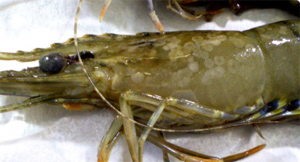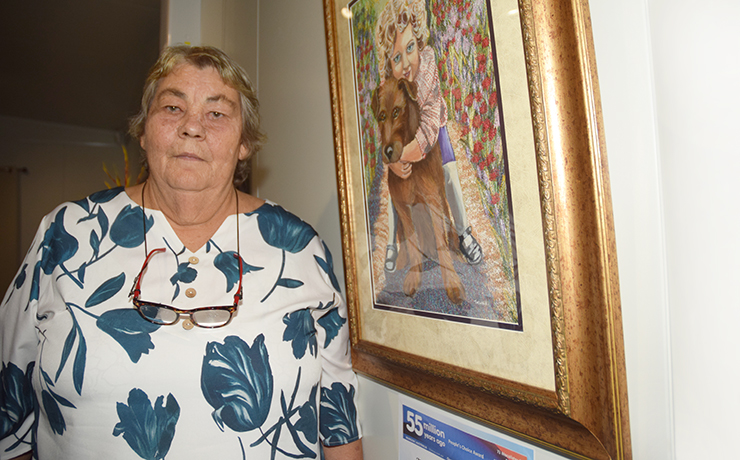
April 21, 2020
White spot disease has returned to south-east Queensland more than three years since the virus – which targets prawns and crabs – was first detected.
Biosecurity Queensland has been undertaking routine surveillance for white spot syndrome virus since it was first detected in 2016.
Mangrove swimming crabs returned positive tests in Moreton Bay last month.
Samples from two prawn farms on the Logan River then also returned positive tests.
The highly contagious virus doesn’t harm humans but is devastating for crustaceans.
White spot disease struck seven prawn farms in 2016 which prompted the introduction of Movement Control Orders in south-east Queensland which are still in place.
A Biosecurity Queensland spokesperson said the department would review all prawn farms to ensure future on-farm biosecurity management is appropriate in dealing with this new detection.
This is the second year of production for three prawn farms but the first time white spot disease has been detected again on-farm.
Queensland was only months away from obtaining proof of freedom – two years of consecutive negative results for white spot syndrome virus.
The prawn and crab samples first tested positive at Biosecurity Sciences Laboratory in Brisbane. The results were confirmed at the Australian Centre for Disease Preparedness in Victoria.
Biosecurity Queensland representatives will meet with members of the Aquatic Consultative Committee on Emergency Animal Disease this week to discuss the new detections and ongoing management options for white spot syndrome virus.
White spot disease movement restrictions remain in place for raw prawns, yabbies and marine worms from Caloundra to the NSW border and west to Ipswich.
Agriculture Minister Mark Furner said white spot posed no threat to human health and Queensland seafood remained safe to eat.
“This is not the result we wanted to see but we will get through this and now more than ever we should be supporting our local seafood industry,” Mr Furner said.
“Queensland seafood is magnificent, the best in the world, and that hasn’t changed. I hope everyone will back our Queensland seafood industry by buying it and enjoying it more than ever.”
Related articles:























